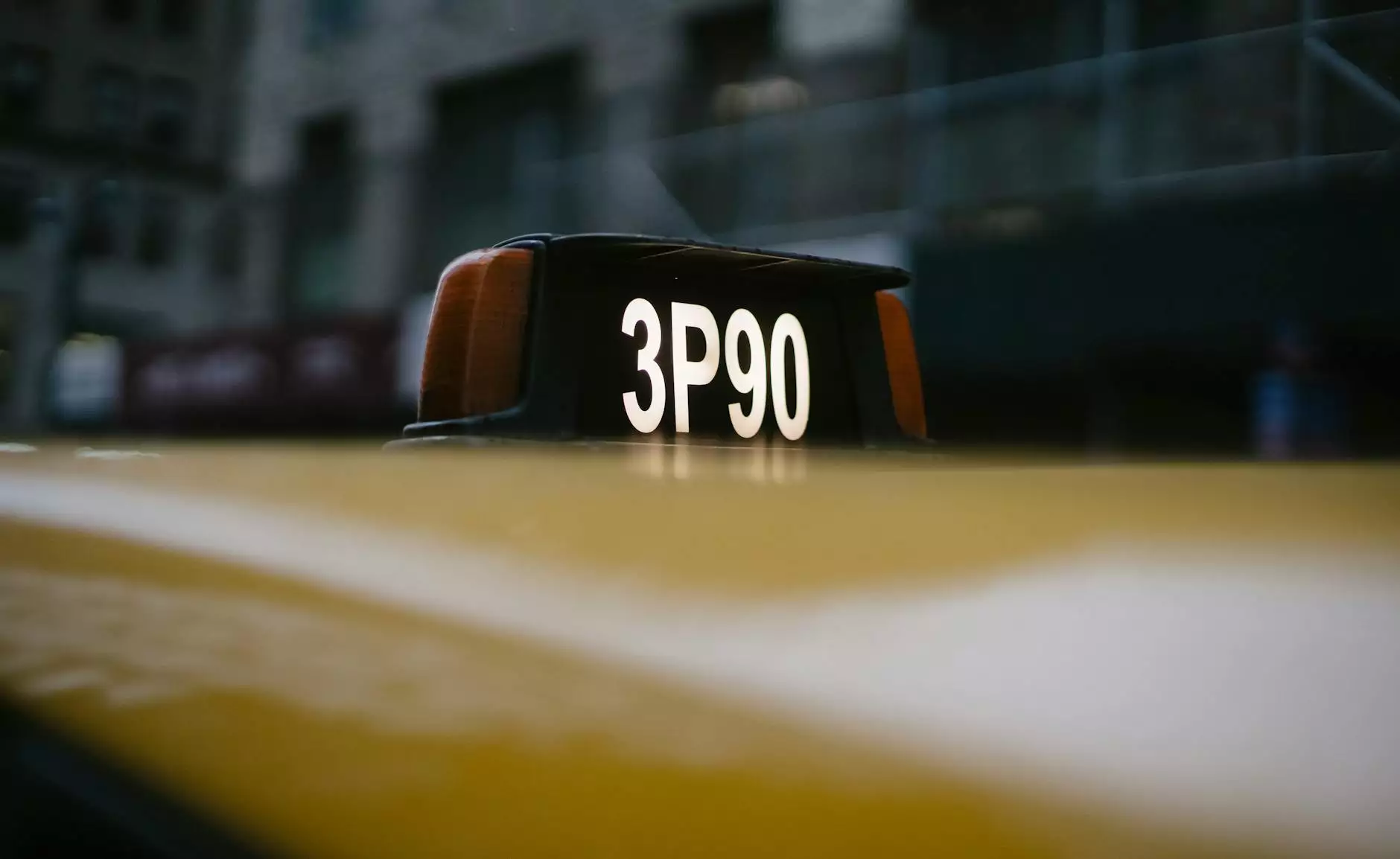Understanding the Dynamics of **Fake Maryland Drivers License**

In today's digital age, the world of documents and identification has evolved significantly. Among the various topics that can spark interest in both business and legal realms is the notion of a fake Maryland drivers license. This article delves into the multifaceted aspects of this issue, ranging from its implications in business, specifically in financial and legal services, to how it intersects with various industries such as fuel docks. We will explore not only what a fake Maryland drivers license entails but also the broader ramifications for citizens and businesses alike.
The Rise of Identification Fraud
Fraudulent identification has become increasingly prevalent with the rise of technology and digital documentation. Many individuals seek fake IDs for various reasons, whether it's to bypass age restrictions, secure loans from financial institutions, or even to access restricted services. This has led to a burgeoning market for counterfeit documents, including the fake Maryland drivers license.
Understanding the Landscape of Fake Identification
The motivations behind obtaining a fake Maryland drivers license can vary widely. Some individuals may simply desire a means of identification that allows them to fit into certain social environments, while others may engage in illegal activities that necessitate a fabricated identity. Unfortunately, the implications of these actions extend beyond the individual, affecting businesses and legal systems.
Implications for Businesses: Financial and Legal Services
For businesses, particularly those in the financial services and legal services sectors, the presence of counterfeit documentation poses significant challenges. Institutions must be vigilant in their processes for verifying identities to protect against fraudulent activities. Here’s how a fake Maryland drivers license impacts these industries:
Challenges for Financial Institutions
- Increased Risk of Fraud: When individuals use fake IDs to open bank accounts or apply for loans, financial institutions face a higher risk of fraud, leading to monetary losses.
- Complex Verification Processes: To combat this, many banks have implemented more complex verification systems, which can delay services and frustrate clients.
- Legal Liabilities: Financial institutions may face legal issues if they inadvertently process transactions based on fake identifications, leading to potential lawsuits.
Legal Consequences
Legal services are also deeply affected by the issue of fake documents. Legal professionals must navigate a landscape where counterfeit documentation is prevalent, making due diligence essential. Here are some key considerations:
- Verification of Identity: Lawyers must ensure that their clients provide valid identification, particularly when drafting contracts or engaging in real estate transactions.
- Consequences of Fraud: If a lawyer represents a client who utilizes a fake Maryland drivers license, they could inadvertently become implicated in fraudulent activities.
- Compliance Issues: Legal services must comply with strict regulations regarding identification, and failing to do so can lead to sanctions or disbarment.
Impact on Fuel Docks and Associated Businesses
The fuel industry is not exempt from the challenges posed by fake documentation. Fuel docks, which require proper identification for both clients and service providers, may encounter issues where individuals present a fake Maryland drivers license to obtain fuel services. This scenario can lead to several complications:
- Security Concerns: Fuel docks must ensure that the individuals they serve are legitimate to prevent theft or misuse of resources.
- Regulatory Compliance: Many states have regulations requiring businesses to verify IDs; failure to do so can have significant ramifications.
- Increased Operational Costs: The need for more extensive ID verification processes can increase operational costs for businesses.
Best Practices for Businesses to Mitigate Risks
In light of the pervasive issue of fake identification, including the fake Maryland drivers license, businesses can take proactive steps to mitigate these risks. Below are some best practices:
Enhanced ID Verification Processes
Utilizing advanced technology for ID verification can significantly reduce the risk of processing fraudulent documents. Consider investing in:
- Digital Verification Systems: These systems can cross-check IDs against databases to confirm their authenticity.
- Employee Training: Regularly training employees on how to identify fake documents is crucial.
- Utilizing Blockchain Technology: Some businesses are beginning to use blockchain as a means of verifying identities, which could enhance security.
Legal Safeguards
Engaging legal counsel to establish stringent rules and compliance measures can mitigate risks associated with identity fraud. Legal services can assist businesses in:
- Developing Compliance Programs: Programs that ensure adherence to identification laws can help protect businesses from legal repercussions.
- Understanding Market Regulations: Staying informed about laws governing ID usage can aid in maintaining compliance.
The Importance of Awareness and Education
Raising awareness about the issues surrounding fake documentation is vital not just for businesses, but for consumers as well. Individuals should understand the potential legal ramifications of using or possessing a fake Maryland drivers license. Educational initiatives can include:
- Workshops and Seminars: These can educate the public on the legal and financial repercussions of identification fraud.
- Informational Campaigns: Using social media and community events to spread awareness can have a lasting impact.
Conclusion
As we navigate the complexities of modern identification, the prevalence of fake documents such as the fake Maryland drivers license continues to pose challenges across various sectors, particularly in financial services, legal services, and fuel docks. Both businesses and consumers must remain vigilant, adopting best practices and understanding the risks associated with identification fraud.
With increased awareness, enhanced verification processes, and a commitment to compliance, we can combat the negative implications of fake identifications. By fostering a knowledgeable community and proactive businesses, we can minimize the impact of these fraudulent activities and contribute to a safer and more secure environment for all.









